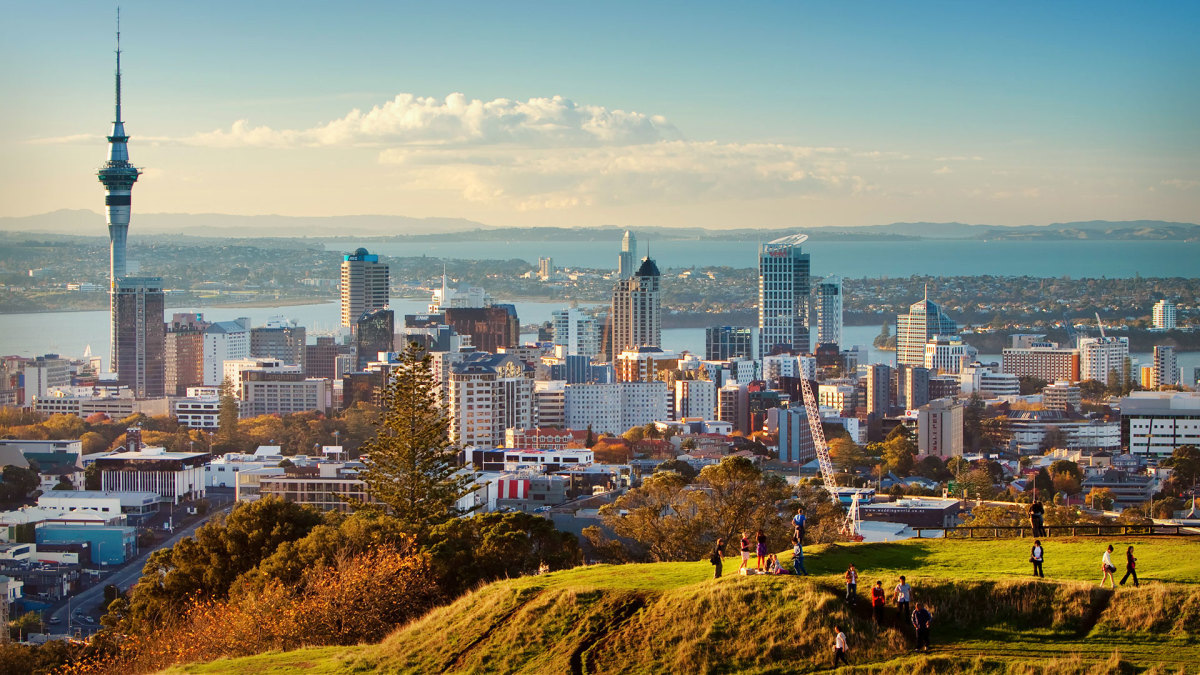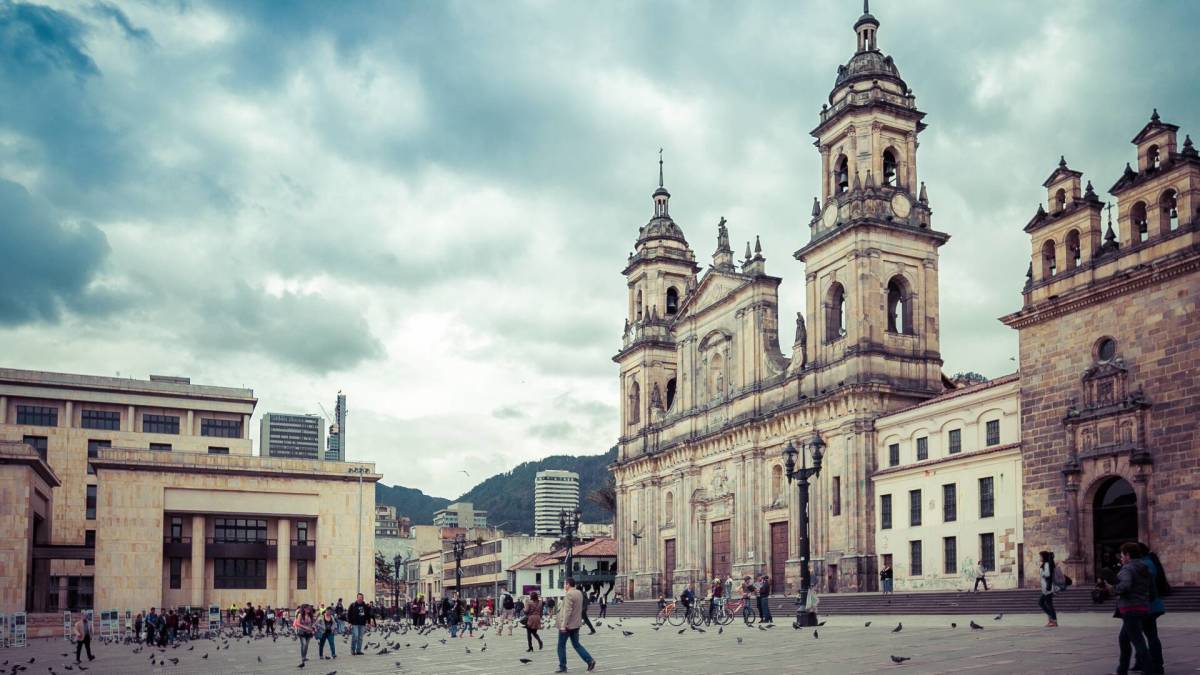
San Francisco and Buenos Aires have, at different points, both been called the "Paris of the Americas" while Toronto is often dubbed "the NYC of Canada." I've heard Tulum called "the Mexican Maldives" all while some pundits are already trying to decide which small town currently popular with influencers is going to become "the new Tulum."
As with most nicknames and monikers, it is hard to pin down how such comparisons came to be. Some took off independently while others were purposefully created and pushed forward by the destination's tourism board in order to draw attention to a smaller destination. The motivation is perfectly understandable — as someone whose family originally hails from Ukraine, I know that most will have never heard of a floating city on the river called Vylkove but you are much more likely to become interested if I call it the "Venice of Ukraine."
Related: I am a woman who hates 'solo travel' — this is why
I've spent some time thinking through why I become increasingly annoyed every time I come across such descriptions in the travel space (with data showing that tourist interest in "dupe cities" is growing, this is becoming more and more frequent) but it ultimately comes down to what is left unsaid — the fact that the second city is "almost" like Paris or NYC or Tokyo but not quite. Those big cities need no qualification because there is "the" Paris and "the Paris of something." You can say “it’s not meant THAT way” and mean it genuinely but the patronizing undertones are in the framing itself.

Shutterstock
No reason to call a city ‘the Paris’ of something else
It should also go without saying that not every city needs to be a global metropolis in order to have beauty and interest and merits. I have once spent a semester studying and traveling in the United Kingdom and would choose the castle views of Edinburgh over the chaos of London any day. Buenos Aires and Paris may both have cafés and Haussmann-style architecture but Argentine culture and geography also have so much that is not available anywhere else that comparing it to a city thousands of kilometers away simply sounds silly.
More Travel:
- A new travel term is taking over the internet (and reaching airlines and hotels)
- The 10 best airline stocks to buy now
- Airlines see a new kind of traveler at the front of the plane
Palermo is not "the new Lisbon" while Curaçao is not a "St. Maarten dupe" — all of these places are beautiful and worth a visit if only funds for frequent travel would allow. I have never been to the aforementioned Argentina but have a feeling I'd adore it for reasons entirely unrelated to the love of French culture and language that has once pushed me to give up on things that were no longer serving me and become a digital nomad in Paris for a year.
Dupe or treasure? Our travel attitudes often need to be rethought
With so much of the travel experience now available on social media for those who cannot go in person to experience, I think we really need to move away from calling smaller cities "the something of something else" and start finding the wonders of different places (the world is large and there are so many out there.)
The experience of Tulum shows that sometimes all it takes is some interest from popular personalities to turn a place most would have never have heard of into a bustling destination.
Seek out off-the-beaten-path travel destinations — recent travel reports show that this is precisely what travelers are doing as places ranging from smaller European nations such as Albania and Bulgaria to the more remote parts of New Zealand or the beaches of Yamaguchi, Japan have all been seeing serious tourism bursts — but just do not call them “dupes.” They are treasures.

.jpg?w=600)





